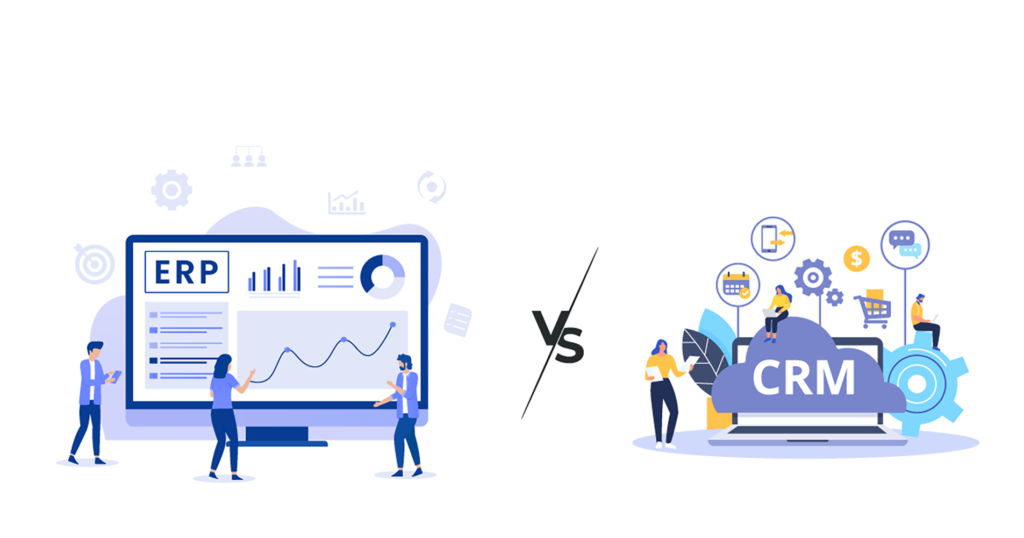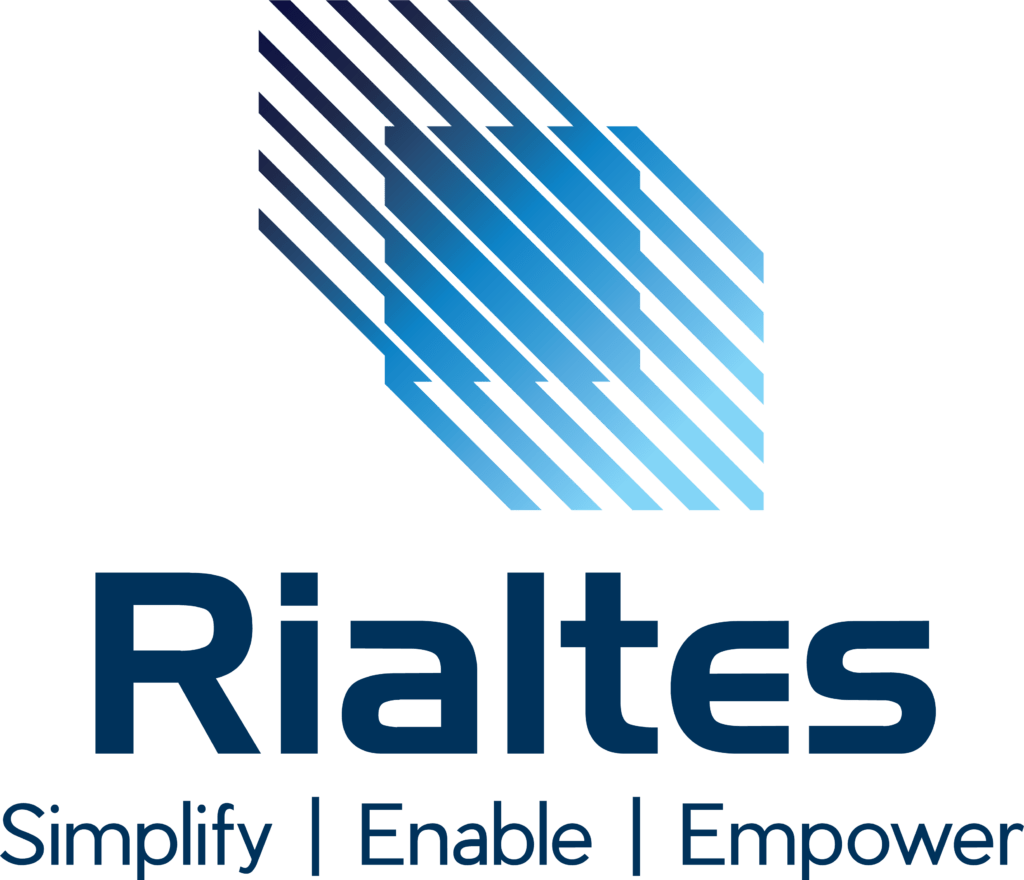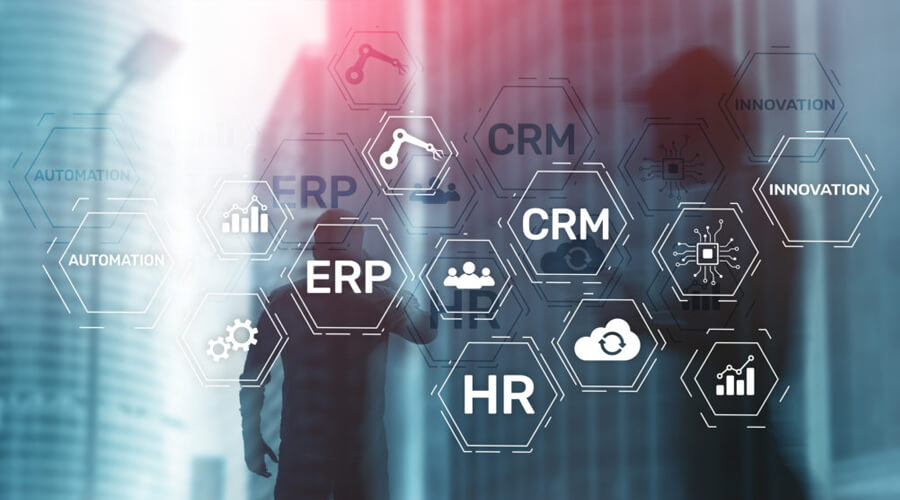The real estate industry has been on a rollercoaster ride for a long time now. Experiencing various ups and downs, adopting innovative technologies, and experiencing technological shifts. It has been evolving since innovative technologies became the need of time.
With the evolution of technology, every day there is a new trend in the industry technology. And to solve the issues in the real estate industry new and innovative technology implementation is necessary. In the real estate industry, it becomes difficult for property managers to handle all aspects of one property management software itself.
What are ERP and CRM?
ERP stands for Enterprise Resource Planning is a critical element for a business’s efficient financial management. The management of the organization’s resources, including its financial, material, and human resources, is its main duty. Accounting and payroll processing are interwoven with inventory management. Using an ERP system has the advantage of giving you a thorough financial breakdown of all company operations.
CRM or Customer Relationship Management is a piece of software that enables you to step-by-step manage your client connections. It is possible to divide and optimize customer management processes for prospecting, acquisition, integration, retention, and other purposes. To increase automation, each of these phases is standardized in the CRM. As a result, the program can manage each marketing interaction while also gathering important consumer information including phone numbers, emails, buying and payment trends, etc.
How CRM works seamlessly with ERP?
In the real estate industry, it is crucial to have effective property management software. To ensure smooth processing property management software consists of two major aspects- Real Estate ERP and Real Estate CRM.
Integrating Real estate ERP and CRM for real estate has elevated the cloud-based property management software reach a high point. This allows property managers to implement or invest in just one single property management software for their CRM and ERP needs.
For any property manager to have a seamless property management experience, it is advisable to invest in good property management software with integrated real estate CRM and real estate ERP.
Investing in technology such as Real Estate CRM and Real Estate ERP software enables that control and visibility, and they work best when they operate as a cohesive unit. It is for this reason that property management software has ERP integration and CRM integration at the top of their minds.
- Order history
- planning and schedule
- data-driven workflows
Above-listed is just a few of the business operations that ERP software tries to streamline and unify inside an organization. Enterprises may manage the crucial components of a firm more easily when they use sophisticated ERP software.
For sales and marketing teams, CRM systems are essential for managing customer data, purchases, and contact information. Businesses use CRM to learn more about their customers so they can decide how to sell to and engage with them more intelligently. Additionally, businesses can upsell and cross-sell their software and other solutions by better managing the relationships in their ecosystem.

Integrating CRM and ERP
It’s crucial to integrate the two systems using an application integration method when a CRM handles customer interactions on the front end and an ERP handles business processes on the back end. This will ensure that you have an accurate view of customer information once an order has been placed, including purchase history, shipping and billing information, and other financial information and supply chain management tools.
Advantages of Integration
Acquire Detailed Customer Opinions : The importance of having complete insight into all of your company processes was stated in the blog’s introductory paragraph. That is precisely what you get when you link CRM and ERP systems. Your company will have all the aggregate data it needs to make better-informed decisions about how to maintain and strengthen your business relationship with clients, whether it’s sales, support, marketing, or just general customer data.
Boost Performance : Companies spend far too much time on laborious manual integration tasks that waste expensive employee time. Utilizing an integration platform with prebuilt connectors for CRM and ERP systems makes it easier to handle these procedures because it increases productivity and automates workflows for you.
Removing Duplicate Data : Duplicate client data is likely to occur when your ERP and CRM solutions are separate and not integrated. It may not all be identical, in which case it is difficult to decide which record should serve as the master copy. In addition to enhancing data-driven activities throughout your company ecosystem, an integrated platform reduces the possibility that you will come across duplicate or erroneous data.
Closing lines
Integration of your ERP and CRM system helps increase business productivity and expand your clientele. Your company is still distinct and distinguished. You could therefore require some tweaking.
Give heed to the specifics if you want to reap the benefits of CRM and ERP integration. Analyze your systems, purge your data, and plan your integration strategy. Finally, you may find the integration that best serves your needs both today and in the future.
Reference:





